Soybean Benefits: 8 Ways They Boost Your Health
From treating health issues to sleep disorders, enjoy all the perks of these nutritious beans!
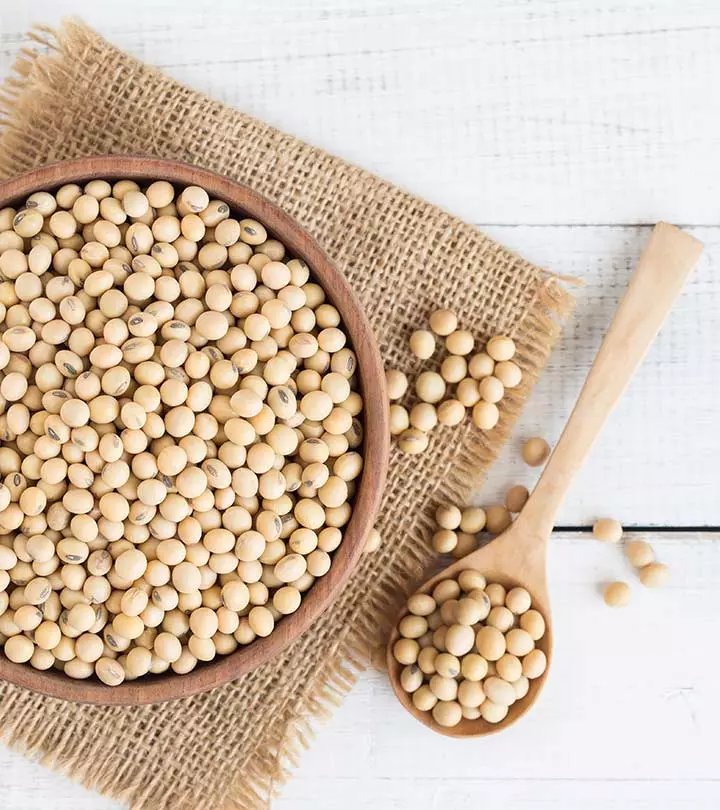
Image: Shutterstock
The benefits of soybeans lie in their nutritional profile. They are a rich source of vitamins E and B, calcium, iron, fiber, zinc, unsaturated fatty acids, and isoflavones. Soybeans have been a staple in traditional Asian diets for many centuries, thanks to their wide range of nutrients (1).
According to studies, soybeans are also said to improve skin health. Moreover, both non-fermented and fermented soybeans have excellent nutritional properties that are vital for optimal health.
In this article, we discuss all you need to know about soybeans and their benefits. Knowing the nutritional value and health advantages of soybeans may improve your diet. This article will also tackle common worries about soy consumption, offering a well-rounded perspective on how soybeans contribute to a healthy eating plan. Read on!
 Know Your Ingredient: Soybeans
Know Your Ingredient: SoybeansWhat Is It?
A type of legume, belonging to the pea family, used in Asian cooking as a source of plant-based protein.
What Are Its Benefits?
May promote skin and heart health, aid weight and cholesterol management, help manage diabetes treatment and sleep disorders.
Who Can Use It?
Generally safe for consumption by all
How Often?
Can be included in a balanced diet and consumed daily
Caution
Excess consumption can lead to digestive issues like stomach pain and an upset tummy. It should be avoided by those with a soybean allergy.
In This Article
Nutrition Details Of Soybeans
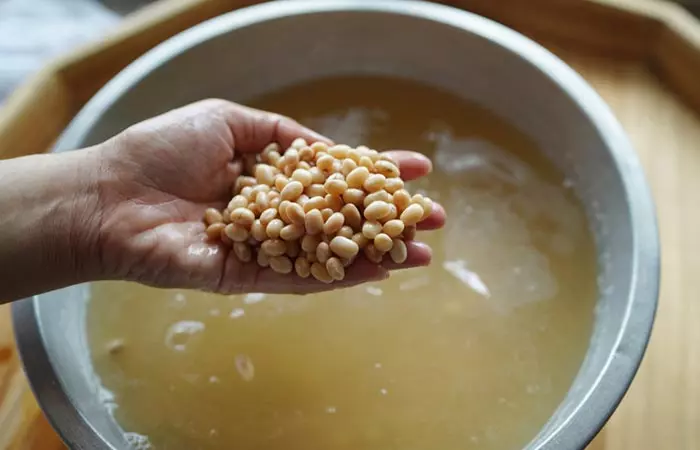
One cup of soybeans (186 grams) contains 830 calories and 56 grams of carbohydrates. Following are the other major nutrients present:
- 67 grams of protein
- 37 grams of fat
- 17 grams of fiber
- 515 milligrams of calcium
- 29 milligrams of iron
- 521 milligrams of magnesium
- 3 grams of phosphorus
- 3 grams of potassium
- 698 micrograms of folate
- 41 IU of vitamin A
*Values sourced from USDA, Soybeans, mature seeds, raw
That was the nutrient composition of mature and raw soybean seeds. Another variant of soybeans is the roasted seeds.
Roasted soybean seeds are crunchy and delicious. They provide comparable energy, carbs, protein, and fiber. Most of the soybean micronutrients are retained despite roasting.
Coming to the phytochemical composition, soybeans contain active molecules like tocopherols, phospholipids, sphingolipids, carotenoids, lunasin, isoflavones, saponins, and phytates (2).
Phytic acid or phytates fall under the category of anti-nutrients. Phytic acid chelates or binds to ions like calcium, magnesium, and potassium. Most of these minerals are bound to proteins in your body cells. Under changing pH conditions, phytic acid binds to the mineral ions and proteins, making them both less bioavailable (2).
However, when you ingest soy, its phytic acid/phytates react with the enzymes of your gut. Thus, it loses a part of its trapping or chelating power (2).
 Trivia
TriviaMost of us know only about white soybeans. But these nutrition-packed beans come in various other colors too. Learn more about them in the next section.
Key Takeaways
- Soybeans may help manage diabetes and treat depression and sleep disorders.
- Soy protein may help lower cholesterol levels and prevent weight gain.
- Consuming 1 cup of soybeans regularly is generally considered safe.
- Eating too many soybeans may cause bloating, nausea, and constipation.
Types Of Soybeans
- Green Soybeans
They are also known as edamame and are often steamed and eaten as an appetizer. Shelled edamame is widely used to make stir-fries, salads, and soups.
- Yellow Soybeans
They are mostly used to make soy-based products like soy milk, tofu, tempeh, and tamari. Apart from them, these soybeans are also used to make soy flour that is used in baking.
- Black Soybeans
As the name suggests, they have a black outer coating and are commonly cooked by simmering or fermenting in Asian cuisine. They are prized as a rich source of antioxidants.
No matter the color, soybeans offer a diverse range of benefits. Know more about them in the next section.
What Are The Health Benefits Of Soybeans?

1. May Protect Your Skin
Soybeans exhibit anti-inflammatory, collagen-stimulating, antioxidant, skin lightening, and UV protection effects (3).
They contain bioactive ingredients like tannins, isoflavonoids, trypsin inhibitors, and proanthocyanidins. Extracts rich in these components are reportedly beneficial in cosmetology and dermatology (3).
Soybean trypsin inhibitors (a particular protein in soybeans) were found to have depigmentation properties. In studies, they could reduce pigment deposition. The anthocyanins in soybeans also inhibit the production of melanin (4).
In rat studies, soybean extracts reduced wrinkles and inflammation caused by UV rays. They also boost collagen and improved skin elasticity (4).
Daidzein, one of the soy isoflavones, prevented the cellular mechanisms that lead to atopic dermatitis in these rats (4).
Multiple studies strongly back the anticancer properties of soybeans. Oral and topical administration of genistein demonstrated substantial inhibition of UV-induced skin cancer and aging in mice models. However, the underlying mechanisms of how soybeans function in this regard need further understanding (4).
2. May Control Weight Gain And Cholesterol Levels
Several animal and human studies have proven that the consumption of soy protein helps in body weight management and fat mass.
Soybeans help by lowering plasma cholesterol and triglyceride levels (5).
In a rat study, obese/fatty rats were fed soy protein or casein isolates with other components for three weeks. It was observed that soy protein-fed rats had lower body weight than those that were on casein. Their plasma and liver triglyceride levels were also reported to be low (5).
Metadata with human studies clearly show the positive effect of soybean supplementation on body weight. Isoflavones are thought to be the active components behind this effect.
Eating soybeans may control body weight in both obese individuals and those with normal body weight (with BMI 6). Jordan Anthony, MS RDN, says, “Soy can be a helpful addition to your diet when trying to lose weight. It provides a good source of protein with much less fat and cholesterol than meat-based sources, and it can also be a good source of fiber, which can help to slow the body’s absorption of nutrients.”
3. May Reduce The Risk Of Hormone-Dependent Cancer
Soy isoflavones have been studied for their anticancer effects. In a Japanese study, these were found to reduce the risk of breast cancer in premenopausal women (7).
Soybeans are rich in the precursors of the isoflavones daidzein and genistein that are thought to have antiestrogenic effects, thereby reducing breast cancer risk. They downregulate the enzymes involved in estrogen biosynthesis (7).
Soybean ingredients compete with estrogen to exert an anti-estrogenic effect. Both fermented and non-fermented soybean products have this anticancer property.
Protective effects of soy have been reported in both hormone- and non-hormone-related cancers as well. However, there is no definitive statement at the moment, and more research is needed to establish soy reduces cancer risk (8).
4. May Help Manage Diabetes
Supplementing the diet with soybeans can help improve blood glucose control in patients with type 2 diabetes.
The complex carbohydrates, protein, dietary fiber, and minerals may contribute to this effect. Their phytoestrogens and soy peptides may also help in this regard. They lower the glycemic value of these legumes and benefit individuals with diabetes (9), (10).
The phytochemicalsi They are chemicals produced by plants, usually to help fight infections from fungi, bacteria, and plant viruses. in soybeans are strong antioxidants. Consuming them can protect individuals with diabetes from oxidative damage, which can worsen diabetes. These beans may also help treat conditions like impaired glucose tolerance, triglyceridei The body gets its energy from fats called triglycerides which can be produced by your body or obtained from meals. , which can block the arteries.” ], and insulin resistance (9).
Interestingly, fermented soybean products (like natto, tempeh, doenjang, and kochujang) fare better as antidiabetic agents. This is probably because fermentation is thought to alter the chemical structures of isoflavonoids and other active biomolecules (11).
There are not many human trials backing this, but literary evidence proves the efficacy of fermented products over non-fermented ones (11).
5. May Strengthen Your Hair
Some research suggests that drinks made of soybeans may help in the treatment of baldness.
As per reports, frequent soybean drink intake was found to protect against moderate to severe androgenic alopecia (a common form of baldness) (12).
The soybean drinks are rich in isoflavonesi Isoflavones are plant-based substances that resemble the hormone estrogen due to their size and molecular structure. . Several reports state that isoflavones can be protective against baldness (12).
6. May Promote Heart Health
Soybeans are also associated with cardiovascular benefits, thanks to their isoflavones.
Soybean isoflavones lower the bad cholesterol (LDL) levels in your blood so that it does not get acted upon by free radicalsi Highly unstable and reactive atoms in the body that can harm cells, resulting in disease and aging. to form atherosclerotic plaques. If formed, these plaques lead to inflammation of blood vessels, thus triggering atherosclerosis (13).
Animal and human studies state that the presence of soy in the diet can improve cardiovascular health. Soybeans can help fight inflammation, which is among the primary causes of heart disease (14).
This is supported by an increase in sodium excretion via urine. These phytoestrogens act on estrogen receptors and inhibit the key enzyme system that causes hypertension (15).
7. May Prevent Bone Diseases In Women
Menopause marks the end of the menstrual cycle. It is also characterized by a drop in estrogen levels. Apart from regulating periods, estrogen is vital in preserving and protecting the bones. Hence, a large section of postmenopausal women face bone loss or are at high risk for bone diseases (16).
There is some research that soy milk could be inversely associated with osteoporosis in postmenopausal women (17).
8. May Treat Sleep Disorders And Depression
In a Japanese study, higher intake of isoflavones was linked to better sleep duration and quality. Soybeans, being rich sources of isoflavones, could be beneficial in this regard (18).
Estrogen is one of the hormones that act on your brain and are involved in sleep regulation. Many hormone replacement therapy studies prove the ability of estrogen to alleviate insomnia, restlessness, and depression (18).
In 2015, a survey was conducted in rural Northeast China on 1717 participants above 65 years of age. According to the survey, individuals who rarely consume soybeans or soybean products could be more likely to have depressive symptoms (19).
Research has also found a correlation between soybean isoflavone supplementation and possible improvement in depression. However, the data is limited, and we need more studies to confirm these findings (20).
With soybeans, moderation is key. Excess intake may lead to certain adverse effects. In the following section, we will look at the ideal dosage of soybeans.
What Is The Daily Recommended Intake Of Soybeans?
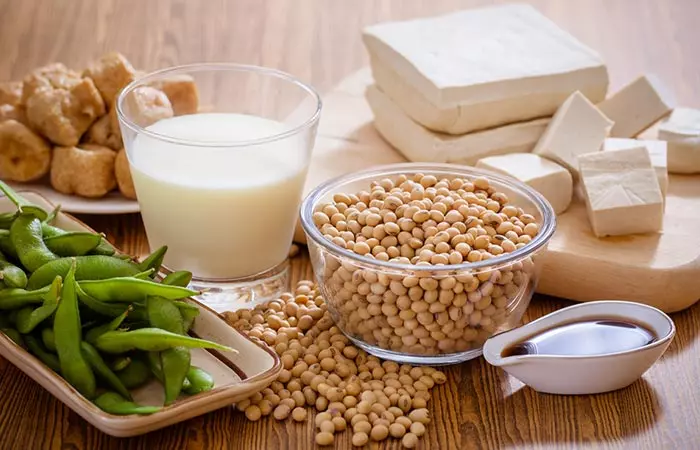
The FDA issued a final dietary regulation in 1999. According to it, a diet low in saturated fat and cholesterol with 25-30 g of soy protein a day can reduce the risk of CVDs. The FDA also proposed that soy food should contain about 6.25 g of soy protein per serving (21).
One cup (172 g) of cooked, unsalted soybeans contains about 30 g of protein. Therefore, eating one or half a cup of soybeans a day should be safe.
 Fun Fact
Fun FactWhat Are The Side Effects Of Soybeans And How To Prevent Them?

When adding soybeans to your diet, you should be aware of some possible side effects.
- Some people may have allergies to soy that can cause reactions like itching or stomach upset.
- Anecdotal evidence suggests that excess soybean intake may lead to constipation, nausea, and bloating. However, more research is needed to support this claim.
Darlene, a vlogger, spoke about her gluten and soy allergy in her vlog. She says, “I would get really itchy. I would feel it burning everywhere. I would get anxious
(i).”
- Though the research is limited, anecdotal evidence suggests soy may also affect thyroid function, especially in those with thyroid problems.
It is good to keep an eye on how much you consume. Also, many soy products are genetically modified, which might concern those who prefer natural foods.
Sticking to the ideal dosage may help prevent these effects.
Also, if there is already too much protein and phytosteroids on your plate, eating soybeans daily might not give expected results.
Hence, consult a dietitian/nutritionist. Discuss the pros and cons of this legume and understand if it suits your body. Only then can a portion size be fixed for you.
Soybeans are safe to eat within limits. They taste excellent when cooked the right way. What better way to consume soy nutrients than by cooking with it?
How To Cook With Soybeans: Quick-n-Healthy Soybean Recipe

Quinoa And Soybean Clean Salad
What You Need
- Dry red quinoa: 2 cups
- Water: to cook (4-5 cups)
- Soybeans: 1 cup
- Juicy apple: 1 large
- Orange: 1
- Broccoli: 1 cup, small florets
- Tomato: 1/4 cup, chopped
- Dill: 2 tablespoons, finely chopped
- Salt: to taste
Let’s Make It!
- Boil four cups of water and add two cups of quinoa to it.
- Cook until the quinoa is done (15-20 minutes after the water boils).
- Set aside and let it cool down.
- Chop the apple into small chunks.
- Toss in the broccoli florets and chopped tomato. (You can also add feta or cottage cheese to this salad.)
- Zest the orange over the cooked and cool quinoa.
- Add the soybeans and chopped dill leaves
- Mix the contents. Sprinkle some salt to taste.
- Let the salad marinate for 5-10 minutes before serving.
- Serve it cold with some crunchy nachos or tortilla chips.
If you are not a fan of salads, you can make soybean cutlets, chops, chips, hummus, curries, pancakes, or soups. They have been used across the globe in different preparations. These beans are known for their versatility.
A variety of prepared (pre-made) or half-cooked soybean products are available on the market as well. They are all economical and tasty.
The best bet would be to have fermented soybean foods. Edamame, bean sprouts, soymilk, tofu, natto, tempeh, okara, and miso are incredibly healthy.
Infographic: Soybeans: Everything You Need To Know About Them
Popular legumes, such as soybeans, come with a good nutritional profile. Legumes have several health benefits and can address various health concerns.
In the infographic below, learn more about soybeans, how they fare against other legumes nutritionally, their global appeal, and how you can incorporate them into your diet.
Some thing wrong with infographic shortcode. please verify shortcode syntax
With good amounts of vitamins, minerals, and healthy fatty acids, soybeans benefit your skin, hair, and overall health in several ways. The only vegetarian source of all essential amino acids, soybeans are a healthy addition to your plant-based diet plan. These nutrient-dense beans not only help improve your cardiovascular, may promote bone health and mental wellness, but also help regulate the blood sugar and cholesterol level. However, it’s important to be aware of potential side effects of soy proteins, which can include digestive issues or allergic reactions for some individuals. Despite this, the phytochemicals and active ingredients in soybeans help nourish and protect your hair and skin as well. Soy milk, tofu, edamame, fermented beans, or natto are some of the healthiest ways to add soybeans to your health and diet routine.
Frequently Asked Questions
How do soybeans compare to other sources of protein?
Anthony says, “Soybeans are an ideal source of plant-based protein because they are what is known as a complete protein. This means that they contain all of the amino acids the human body needs to function, which isn’t the case for most plant-based proteins.”
Can we eat soybean daily?
Yes. Moderate consumption of soybeans every day can help boost your health in many ways.
Do soybeans make your breasts grow?
No. There is no scientific evidence supporting the claim that soybeans have a mastogenic effect.
Is soybean bad for males?
No. Soybean and its bioactive compounds do not affect male fertility and are safe for consumption (22), (23).
Illustration: Benefits Of Soybeans, Nutrition Facts, And Side Effects
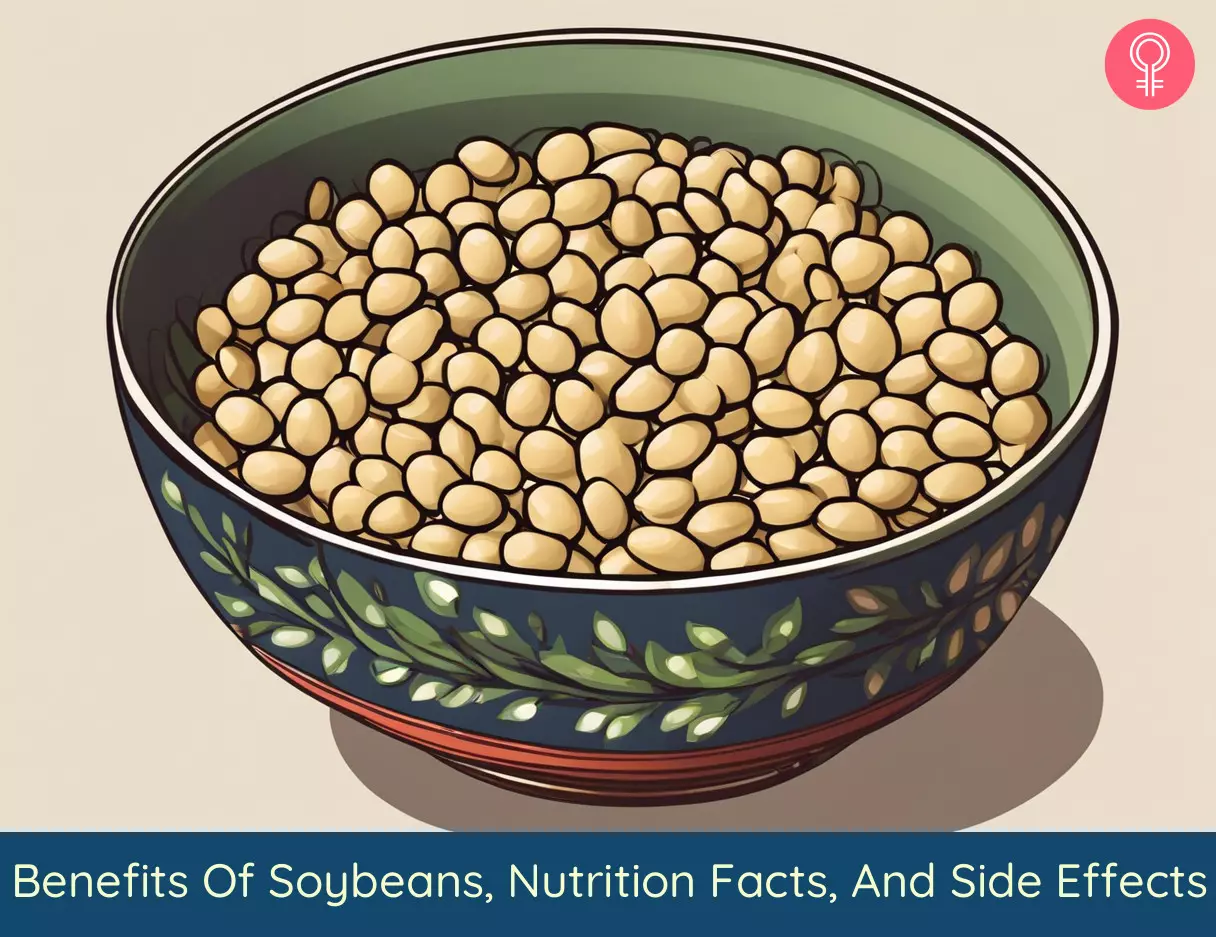
Image: Stable Diffusion/StyleCraze Design Team
References
Articles on StyleCraze are backed by verified information from peer-reviewed and academic research papers, reputed organizations, research institutions, and medical associations to ensure accuracy and relevance. Read our editorial policy to learn more.
- Soy, Soy Foods and Their Role in Vegetarian Diets, Nutrients, US National Library of Medicine, National Institutes of Health.
https://www.ncbi.nlm.nih.gov/pmc/articles/PMC5793271/ - Minor Constituents and Phytochemicals of Soybeans, Food Science and Human Nutrition Publications, Iowa State University.
https://dr.lib.iastate.edu/article/1196 - Dermatological and cosmeceutical benefits of Glycine max (soybean) and its active components, Acta poloniae pharmaceutica, US National Library of Medicine, National Institutes of Health.
https://pubmed.ncbi.nlm.nih.gov/25850195/ - Review of Soybean Phytochemicals and Their Bioactive Properties Relevant for Skin Health, Journal of Food and Nutrition Research, US National Library of Medicine, National Institutes of Health.
https://www.academia.edu/36207240/Review_of_Soybean_Phytochemicals_and_Their_Bioactive_Properties_Relevant_for_Skin_Health - Role of Dietary Soy Protein in Obesity, International Journal of Medical Sciences, US National Library of Medicine, National Institutes of Health.
https://www.ncbi.nlm.nih.gov/pmc/articles/PMC1838825/ - Soy isoflavone supplementation could reduce body weight and improve glucose metabolism in non-Asian postmenopausal women–a meta-analysis, Nutrition, US National Library of Medicine, National Institutes of Health.
https://pubmed.ncbi.nlm.nih.gov/22858192/ - Soybean products and reduction of breast cancer risk: a case–control study in Japan, British Journal of Cancer, US National Library of Medicine, National Institutes of Health.
https://www.ncbi.nlm.nih.gov/pmc/articles/PMC2361487/ - Soy intake and cancer risk: a review of the in vitro and in vivo data, Nutrition and Cancer, US National Library of Medicine, National Institutes of Health.
https://pubmed.ncbi.nlm.nih.gov/8058523/ - Effects of soybean supplementation on blood glucose, plasma lipid levels, and erythrocyte antioxidant enzyme activity in type 2 diabetes mellitus patients, Nutrition Research and Practice, US National Library of Medicine, National Institutes of Health.
https://www.ncbi.nlm.nih.gov/pmc/articles/PMC2814190/ - Antidiabetic effects of fermented soybean products on type 2 diabetes, Nutrition Research, US National Library of Medicine, National Institutes of Health.
https://pubmed.ncbi.nlm.nih.gov/20116654/ - Antidiabetic effects of fermented soybean products on type 2 diabetes, Nutrition Research, US National Library of Medicine, National Institutes of Health.
https://pubmed.ncbi.nlm.nih.gov/20116654/ - Androgenic Alopecia Is Associated with Less Dietary Soy, Higher Blood Vanadium and rs1160312 1 Polymorphism in Taiwanese Communities, PloS One, US National Library of Medicine, National Institutes of Health.
https://www.ncbi.nlm.nih.gov/pmc/articles/PMC3875420/ - Soy may help protect against cardiovascular disease, University of California.
https://calag.ucanr.edu/Archive/?article=ca.v065n03p118 - Soy protein supports cardiovascular health by downregulating hydroxymethylglutaryl-coenzyme A reductase and sterol regulatory element-binding protein-2 and increasing antioxidant enzyme activity in rats with dextran sodium sulfate-induced mild systemic inflammation, Nutrition Research, US National Library of Medicine, National Institutes of Health.
https://pubmed.ncbi.nlm.nih.gov/22153518/ - Beyond the Cholesterol-Lowering Effect of Soy Protein: A Review of the Effects of Dietary Soy and Its Constituents on Risk Factors for Cardiovascular Disease, Nutrients, US National Library of Medicine, National Institutes of Health.
https://www.ncbi.nlm.nih.gov/pmc/articles/PMC5409663/ - Soy foods: are they useful for optimal bone health?, Therapeutic Advances in Musculoskeletal Disease, US National Library of Medicine, National Institutes of Health.
https://www.ncbi.nlm.nih.gov/pmc/articles/PMC3383497/ - Soy milk and dairy consumption is independently associated with ultrasound attenuation of the heel bone among postmenopausal women: the Adventist Health Study–2, Nutrition Research, ScienceDirect.
https://www.sciencedirect.com/science/article/pii/S0271531711001874 - Relationship between daily isoflavone intake and sleep in Japanese adults: a cross-sectional study, Nutrition Journal, US National Library of Medicine, National Institutes of Health.
https://www.ncbi.nlm.nih.gov/pmc/articles/PMC4696198/ - Soybeans or Soybean Products Consumption and Depressive Symptoms in Older Residents in Rural Northeast China: A Cross-Sectional Study, The Journal of Nutrition, Health & Aging, US National Library of Medicine, National Institutes of Health.
https://pubmed.ncbi.nlm.nih.gov/26482689/ - Evaluation of the Potential Antidepressant Effects of Soybean Isoflavones, Menopause, US National Library of Medicine, National Institutes of Health.
https://www.ncbi.nlm.nih.gov/pmc/articles/PMC5181104/ - Consumption of soybean, soy foods, soy isoflavones and breast cancer incidence: Differences between Chinese women and women in Western countries and possible mechanisms, Food Science and Human Wellness, ScienceDirect.
https://www.sciencedirect.com/science/article/pii/S2213453013000438?via=ihub#bib0085 - Male soy food intake was not associated with in vitro fertilization outcomes among their partners attending a fertility center
https://www.ncbi.nlm.nih.gov/pmc/articles/PMC4693610/ - Diet and Nutritional Factors in Male (In)fertility—Underestimated Factors
https://www.ncbi.nlm.nih.gov/pmc/articles/PMC7291266/
Read full bio of Ionut Ignat
- Jordan Anthony is a Registered Dietitian Nutritionist with over 6 years of experience. She was a public relations professional before she went back to the University of Southern California to get a Master's degree in Nutrition, Healthspan and Longevity. She is currently serving as the Senior Director of Nutrition at Ahara Corporation in Los Angeles, USA.
 Jordan Anthony is a Registered Dietitian Nutritionist with over 6 years of experience. She was a public relations professional before she went back to the University of Southern California to get a Master's degree in Nutrition, Healthspan and Longevity. She is currently serving as the Senior Director of Nutrition at Ahara Corporation in Los Angeles, USA.
Jordan Anthony is a Registered Dietitian Nutritionist with over 6 years of experience. She was a public relations professional before she went back to the University of Southern California to get a Master's degree in Nutrition, Healthspan and Longevity. She is currently serving as the Senior Director of Nutrition at Ahara Corporation in Los Angeles, USA.
Read full bio of Ravi Teja Tadimalla
Read full bio of Arshiya Syeda
Read full bio of Sindhu Koganti









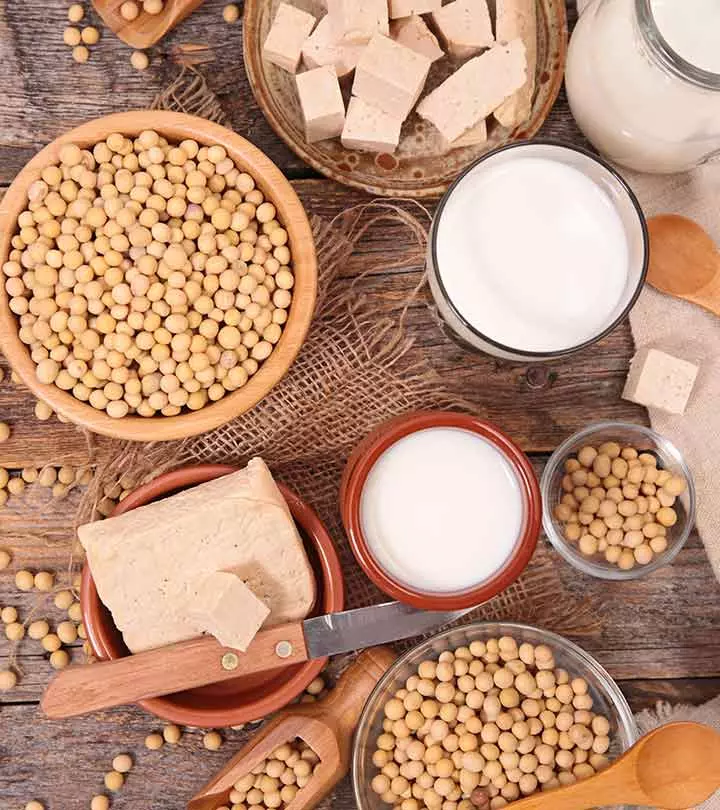
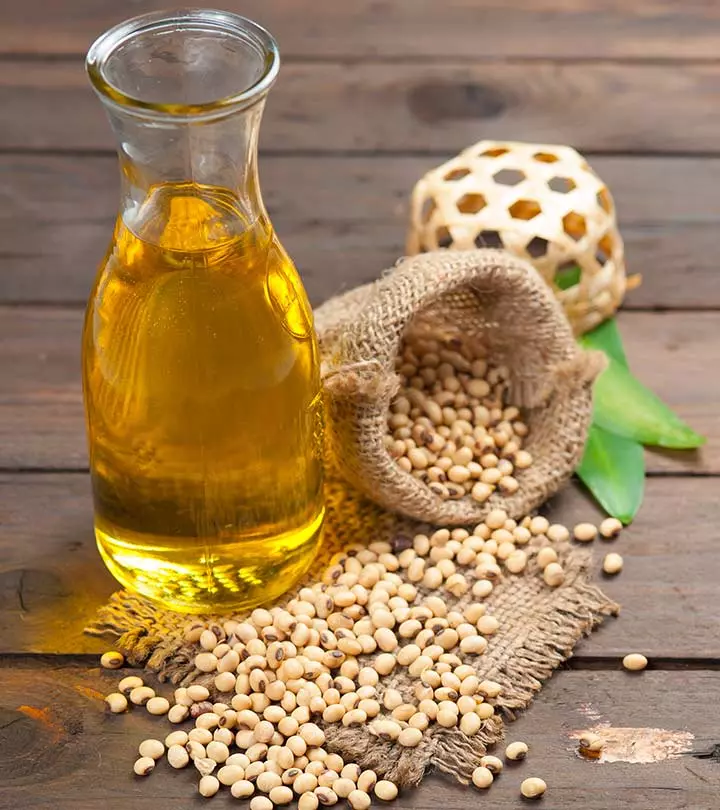
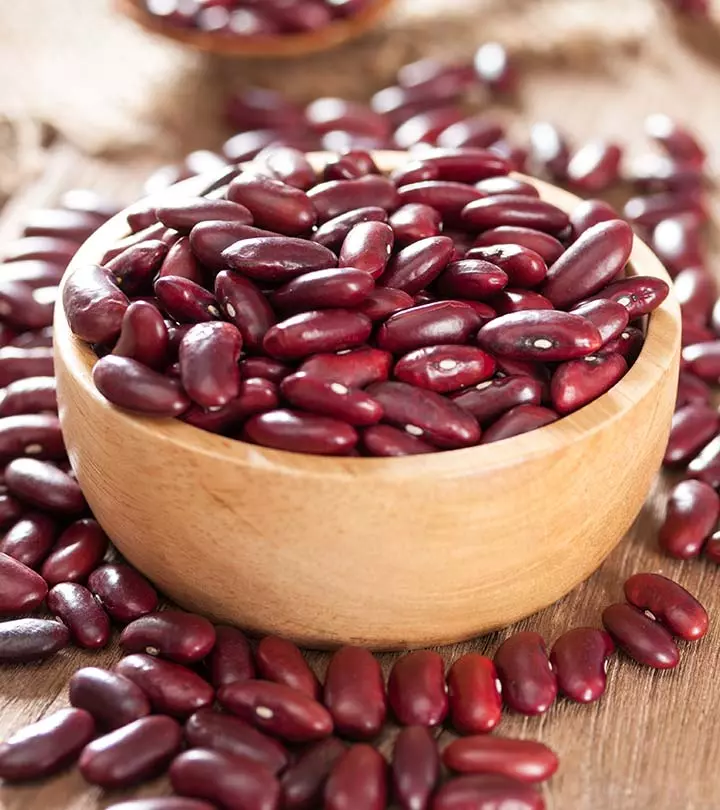

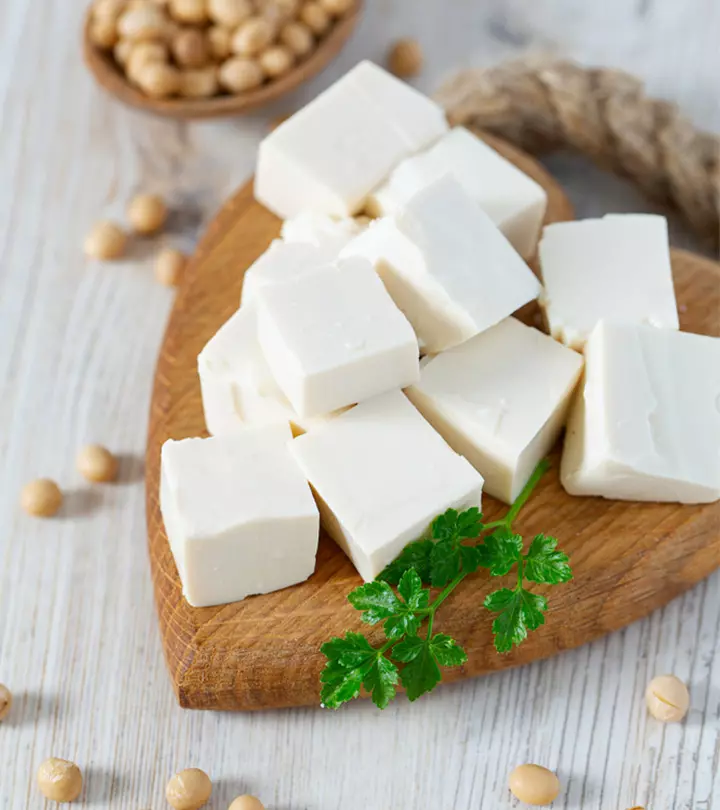
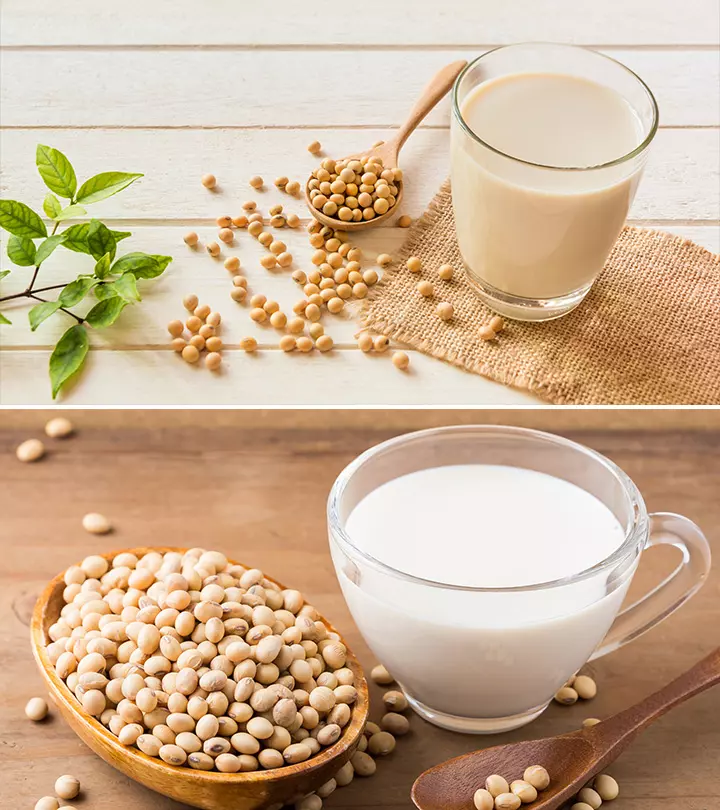
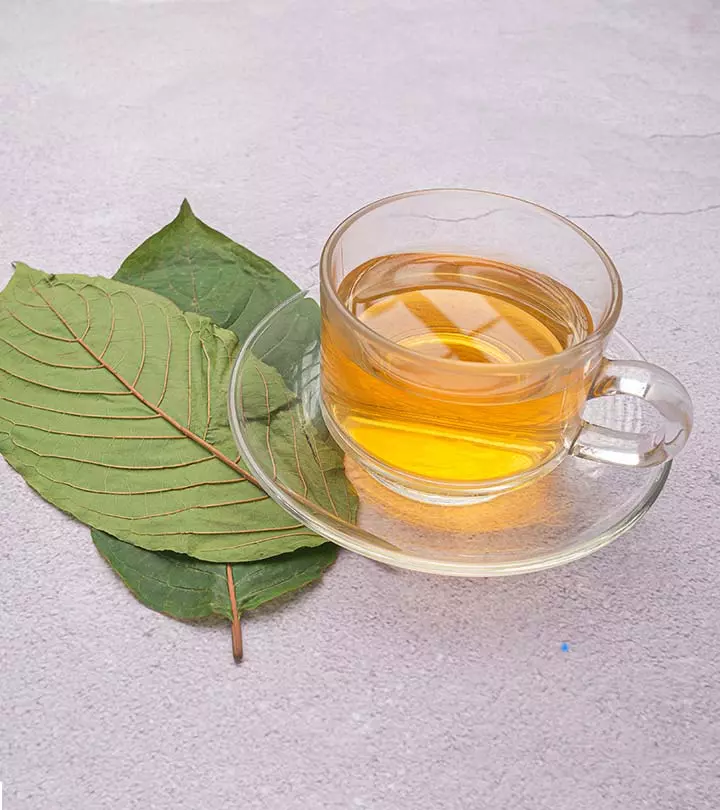
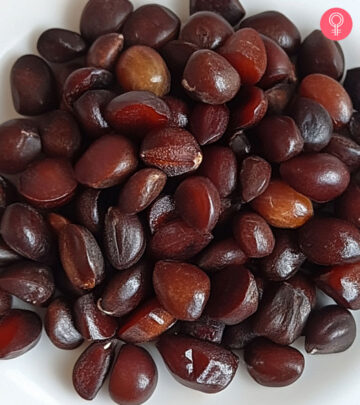
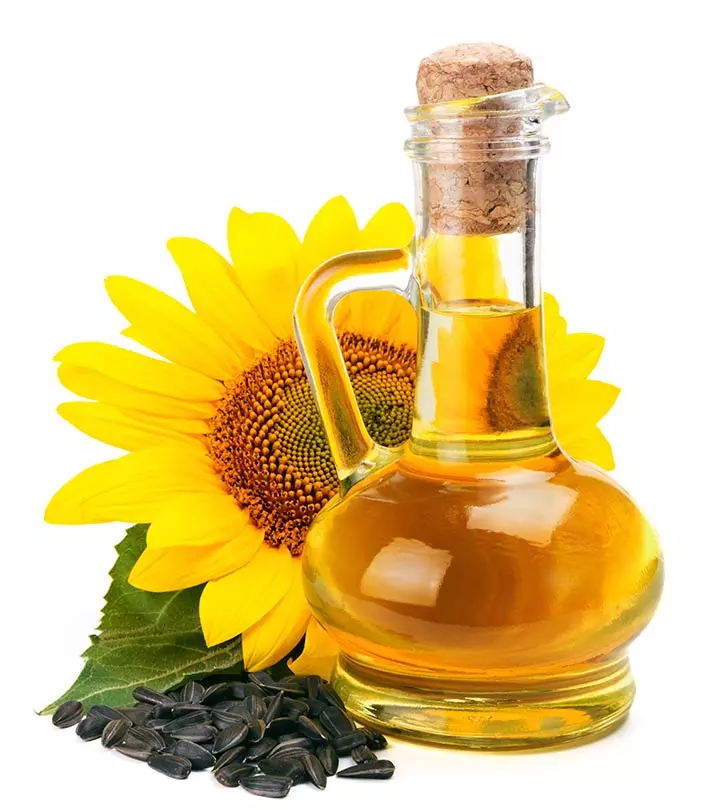

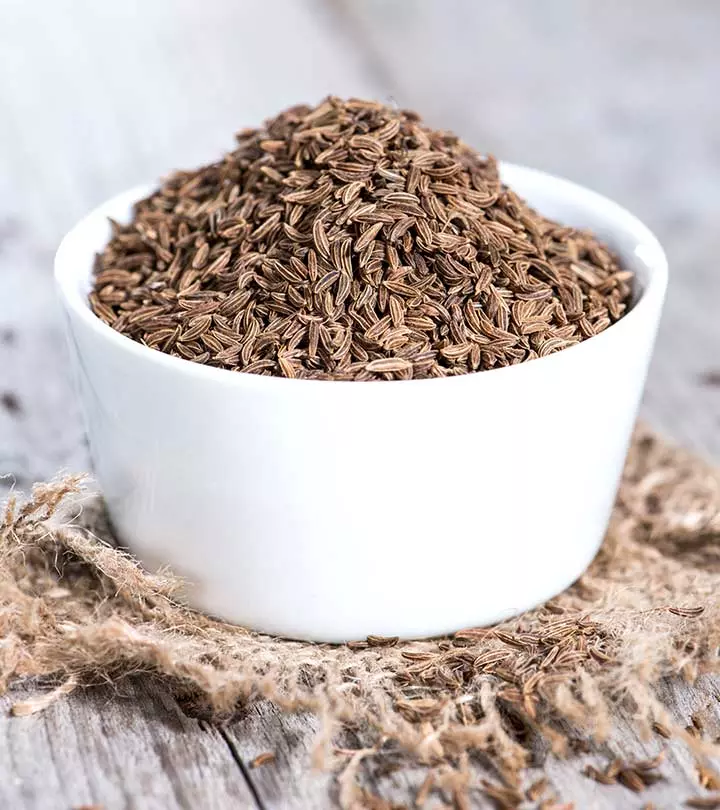
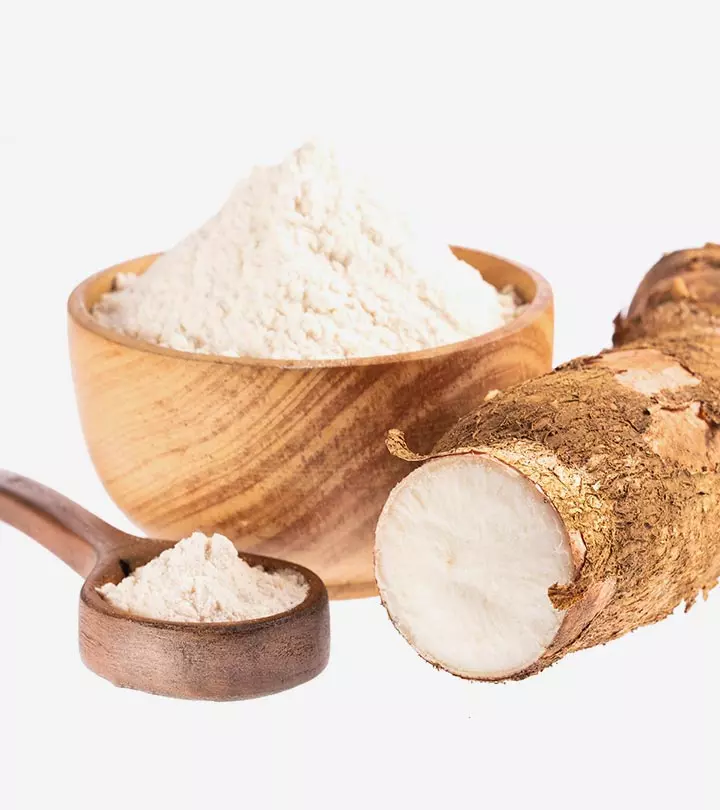
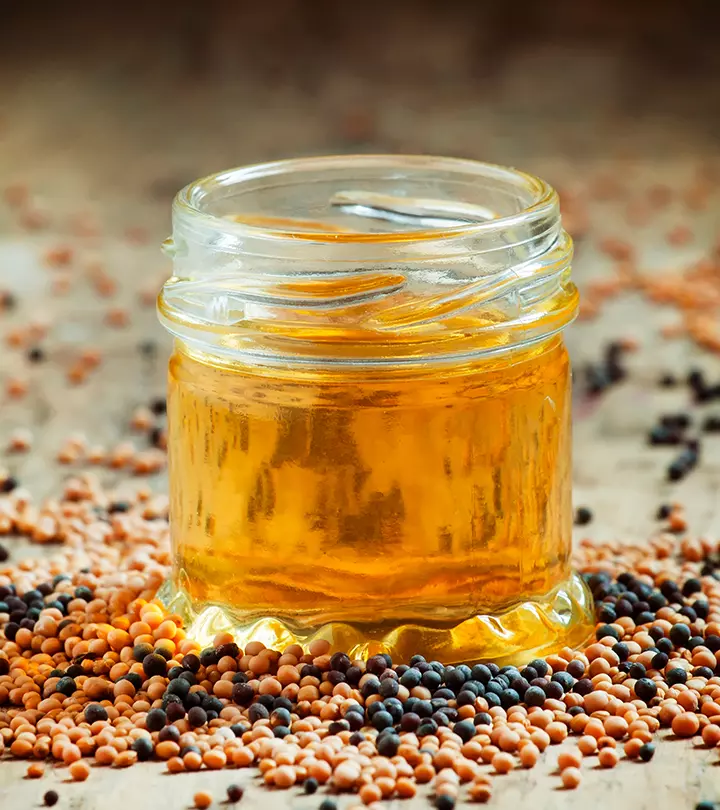
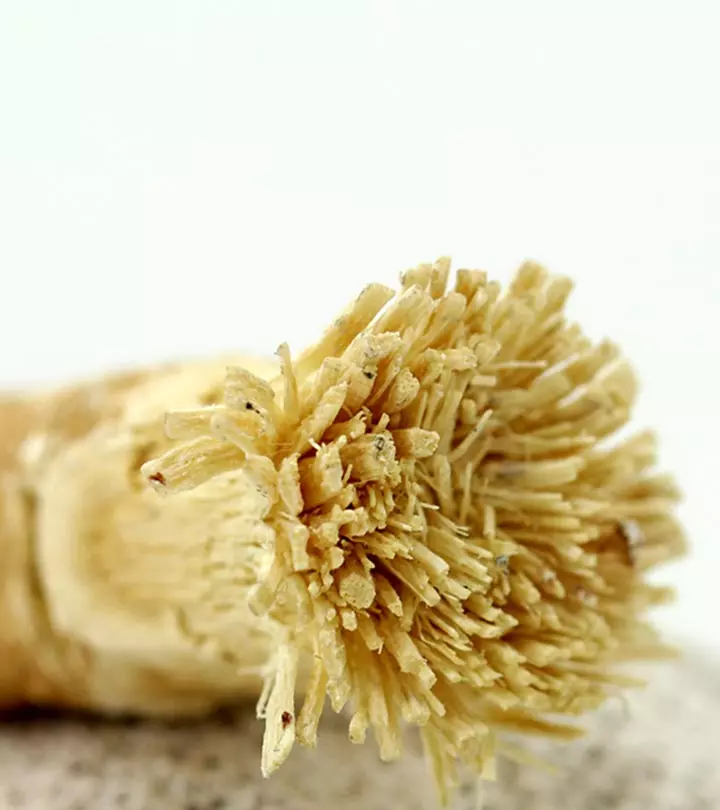


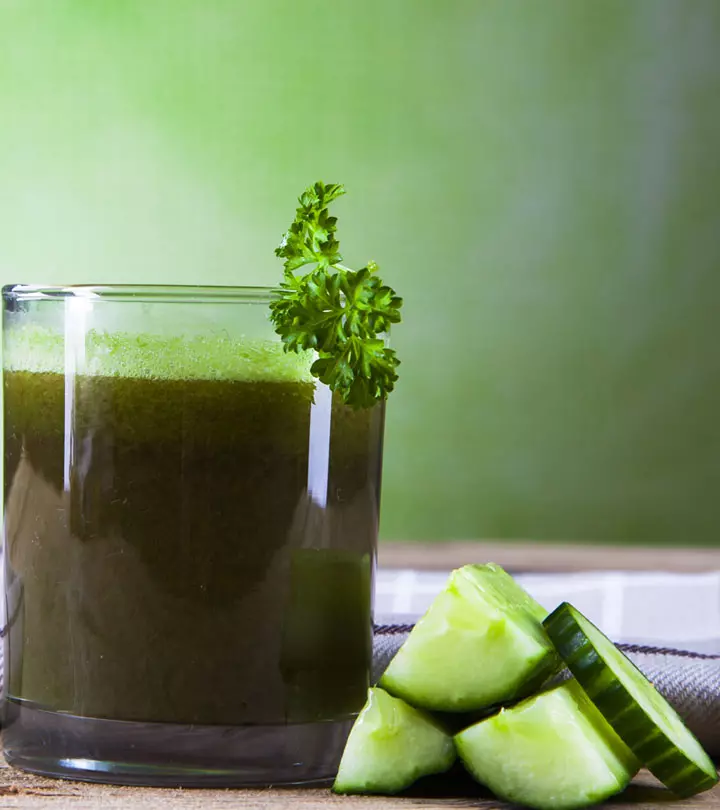

Community Experiences
Join the conversation and become a part of our empowering community! Share your stories, experiences, and insights to connect with other beauty, lifestyle, and health enthusiasts.